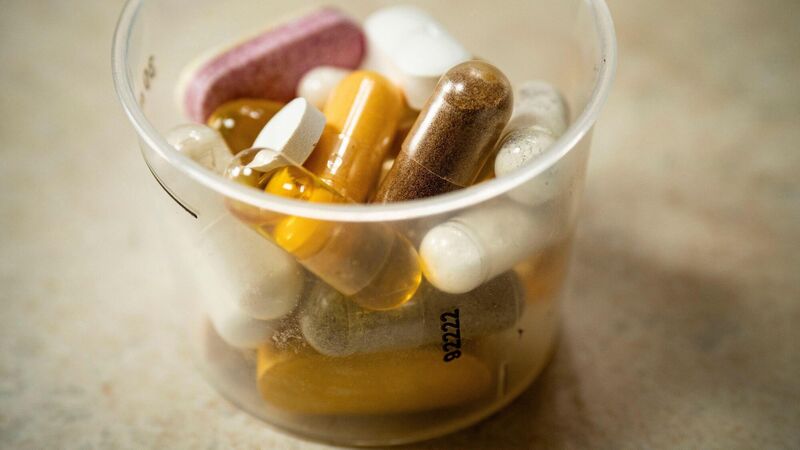Safefood: 'Many people spend money on food supplements they likely don’t need'

Multivitamins and minerals are taken by some 41% and vitamin C is taken by 34% of study respondents.
People may be spending money on food supplements they do not need, new research has found.
The research, from Safefood, revealed that almost half of Irish adults (48%) are taking a food supplement. The majority (60%) of those surveyed who take a supplement take Vitamin D.










